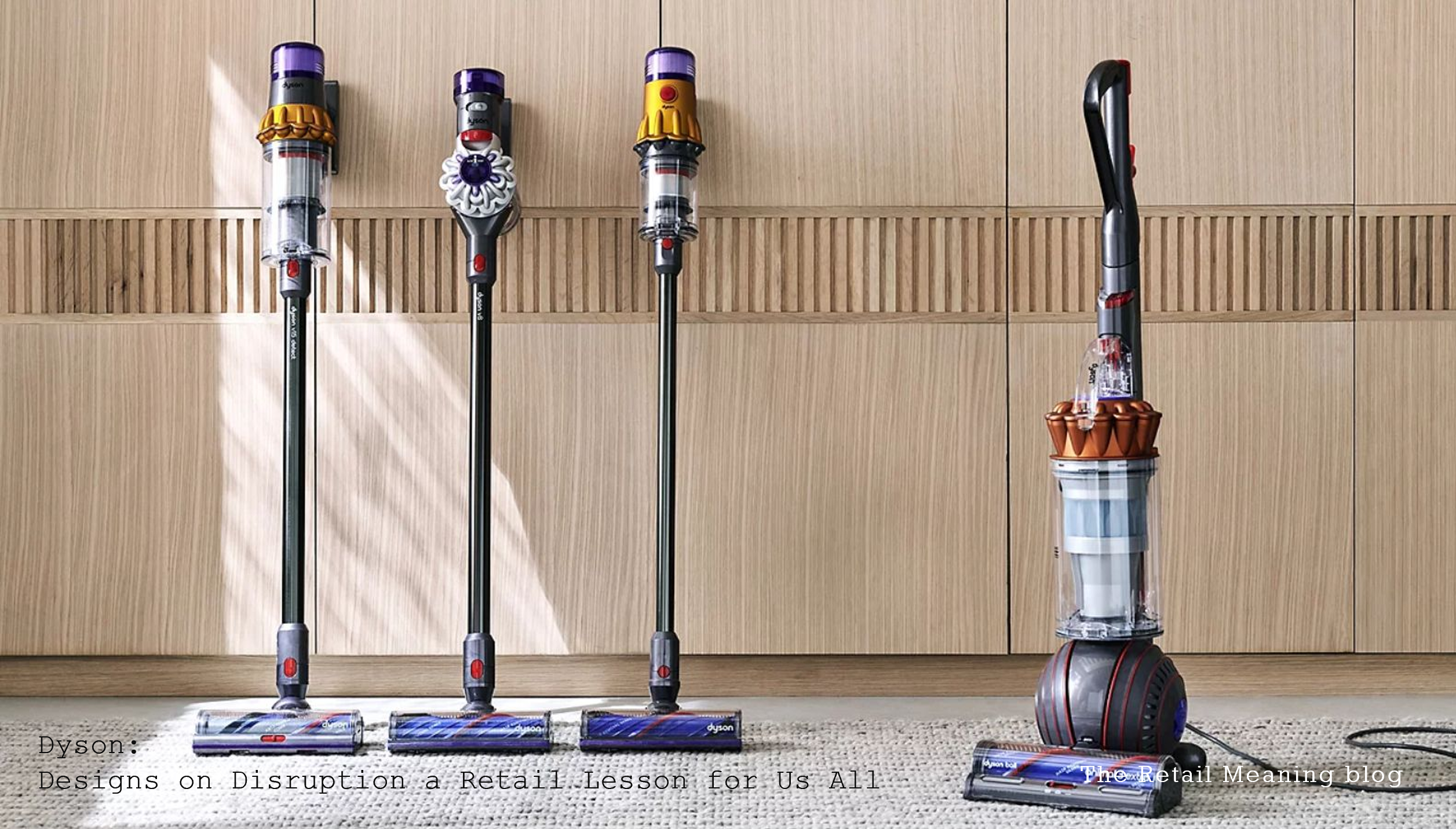For those people who have been in the retail business for more than a few years, or have been working in a traditional retail business for what might seem more than a few years, it must appear as though disruption in retail is only for others!
However, many so-called disruptors are simply self-evangelists of their own limited impact, and merely following in the footsteps of the truly trailblazing disruptors, buying a ticket on the latest gravy train.
Truly today, disruptors have the means to change the way we live, we work and in retail how we buy, sell and produce the products we still crave. Of course technology is the great enable of disruption and allows those with original ideas to have a defining, decisive and rapid impact on the way things are done, as never before. So naturally, or unnaturally depending on your mind-set, disruption and change is all around us.
But, technologised or not, 21st century or not, the great disruptors begin with an idea, a way to do things better, and as such the ability and possibility for every retailer to be a disruptor in some shape or form is as real as it ever has been.
The thing that most often needs disrupting is ourselves. Shaking off those chains of conformity, breaking free from our own rules and regulations to improve and excite our world and those of the workforce & customers around us.
Is the world really changing more quickly or have we merely stopped?
So, when it comes to disruption it’s always good to look for models, for thinking and processes that make the possibilities of change seem achievable for mere mortals.
For those with their dirty boots firmly on the carpet of the physical world, Sir James Dyson should be lauded as one of the greatest innovators, and disruptors of our time. Importantly as a disruptor, he is seen not as a threat but as a friend by most. It’s an important consideration when thinking disruption and our attitude towards it.
Not only has he developed his inventions into a range of household products that have revolutionised his customers’ everyday lives from vacuum cleaners, hand dryers, bladeless fans, heaters and hair dryers, but has built a business that employs 8,500 people worldwide and in 2016 generated revenues of £2.5 billion and net income of £631 million.
Dyson has always had a culture of innovation, disruption and prototyping which he developed into a model of success. It is a template for any business, large or small, maker or seller, which is aspiring to generate profits from new ideas.
Famously James Dyson identifies business opportunities essentially around the need of the customer. Market research supports but is secondary to critical observations of everyday need. It’s always worth remembering that successful disruption becomes the norm whilst change for change’s sake sits gathering dust in the bottom drawer of great ideas.
Dyson is highly disruptive through no deliberate intent, but because he identifies product opportunities where established operators have little incentive to innovate or who have vested interests against innovation. His breakthrough “cyclonic” vacuum cleaners for example removed the need for dust bags for improved performance, whilst at the same time taking away a lucrative additional repeat sale for manufacturers. Despite intense resistance from the industry his innovations have become market leaders and revolutionised the practices of his competitors.
Dyson also takes pleasure in bringing desirability to the mundane by identifying opportunities where others think there is none because the customer doesn’t care. Its best-selling product, the Airblade hand drier, has made hand-washing “sexy” with its 430 mph sheets of air. It has increased the percentage of people washing hands by over 50 percent, reduced running costs by 80 percent over other hand dryers and by 93 percent for paper towels, and reduced CO2 emissions by 80 percent. Everyone is happy to invest in a useful disruptor.
And here’s the lesson for all of us.
Disruption is created by a need, an inspiration indeed, but it is made real not through radical actions but through hard work and perseverance.
Disruption begins with identifying a “radical” improvement that will change the market and revolutionise people’s lives, but its impact is to initiate a process of incremental improvements that will reach the radical goal.
Disruption knows that a single incremental improvement will not satisfy the customer, yet a radical change cannot be made in one step. This leads to a process of many prototypes, or pilots, where every step is an important event to reach the end-goal. Dyson’s was a unique approach that fused together “disruption” with a high quality, highly deliberate product.
So, it is within all of our hands to turn our personal retail insights into products, people, places and experiences that make the world an easier, more rewarding, more exciting and ultimately better place for our customers, and our employees.
Whether at the helm of an international retail brand or the owner of an independent store, don’t leave disruption solely for the benefit of your competitors.
What are the things in your business that are in desperate need of change?
Where would your customers welcome a little disruption in how you sell to them?
